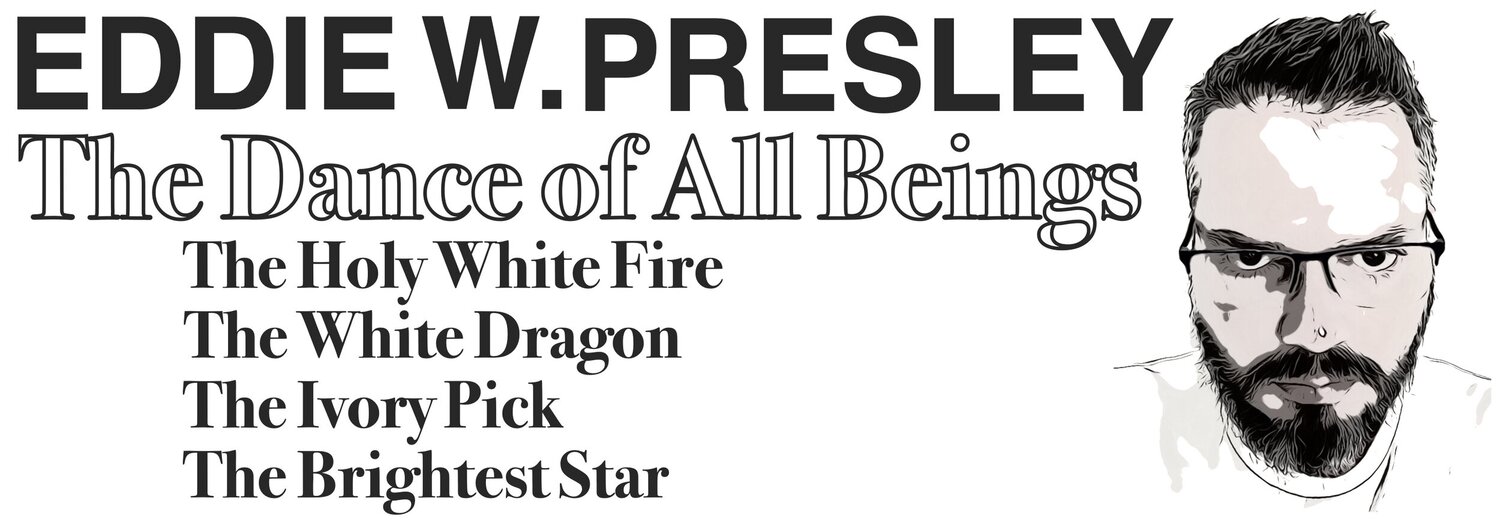There are not a lot of tricks to writing, and many of the tips are routinely disproved whenever a new Dan Brown or Stephanie Meyer book is published.
Still, if I had to give tips to a new writer, who wanted to write fiction novels professionally, I would say, until you're being paid enough as a writer to make a living, work a job that is flexible with hours and plan to work at least 40 hours a week between your wage paying job and your writing job. I would also say to try to leave 2 days a week free from either job to get real life done. When you're at your writing job, consider it a professional job - get showered, get dressed and work a minimum of two hours before a 15-minute break, and use the internet only for research and aiding your writing task. It's harder to do than you think. Your first instinct is that you can saunter over to your computer, wearing nothing but some undies hanging from your hips, and you can work with a twitter feed open... and a facebook page open... and your blog open... and then it's 3 hours later and you're still scanning facebook for that one meme... Be professional - take care of your business postings and e-mails right off the bat and then settle in to work by the clock.
If you're a new writer, you need to work with the style guide by your side and keep referring to it. If the little squiggles keep appearing on something and you don't understand what Word is trying to say, look it up and learn the rule of thumb. You can't successfully break the rules if you don't know the rules. Learn all that you can about grammar and use more than one word processor with a grammar function to comb through it. Use a word processor that will read it aloud to you - you will catch many things that you didn't know were mistakes until you hear them out loud in jarring fashion. You can't break up text like e.e. cummings until you understand why and how words work together and have rules for their placement. Otherwise, it looks like you're trying to be the new Stephen King and failing miserably.
While there are no "wrong" words, there are exercises for new writers to do that make their writing immediately stronger.
1. Start all your sentences with the noun/verb: Pat said, The dog barked, The fire raced, the taco backfired... you may not wind up writing a whole novel like this, but it will immediately show you how punchy your writing can be like this, and it can help you lose most if not all of the passive voice that may have been plaguing it.
2. Remove all adverbs... and not just because Stephen King said to. If you do this as an exercise, you will find your sentences probably need no edits and are stronger and more direct. Those that do will require you to make your sentences stronger instead of describing the action post the verb in the sentence. You will force yourself to be stronger at how you structure your sentences and present the information within. If you have to say Joe moved quickly away from the fire... then you haven't done your job describing the fire adequately.
3. Make an exercise of not using exclamation points unless absolutely necessary. When you do use one it will have more impact.
4. Make an exercise of removing all dialog tags. Like with adverbs, if you have to describe how something was being said after the fact, then you should rewrite it so it is understood how it is spoken and leave off the tag. A whole lot of "said's..." may seem boring, but better a line of said's then dumping in a thesaurus worth of variations. Over use of tags makes your writing seem amateurish - especially when heard out loud - and anything you can do to streamline and tighten up only makes the work better.
5. There are many lists of "those words" - the words that get repeated often. Do a google search for authors who talk about their personal pet peeve repetitive words like then, than, just, actually, etc. and do a word search on your document for those words and eliminate them outright. Re-read the work and do whatever edits you have to - chances are you'll do very few - to clean up the text.













